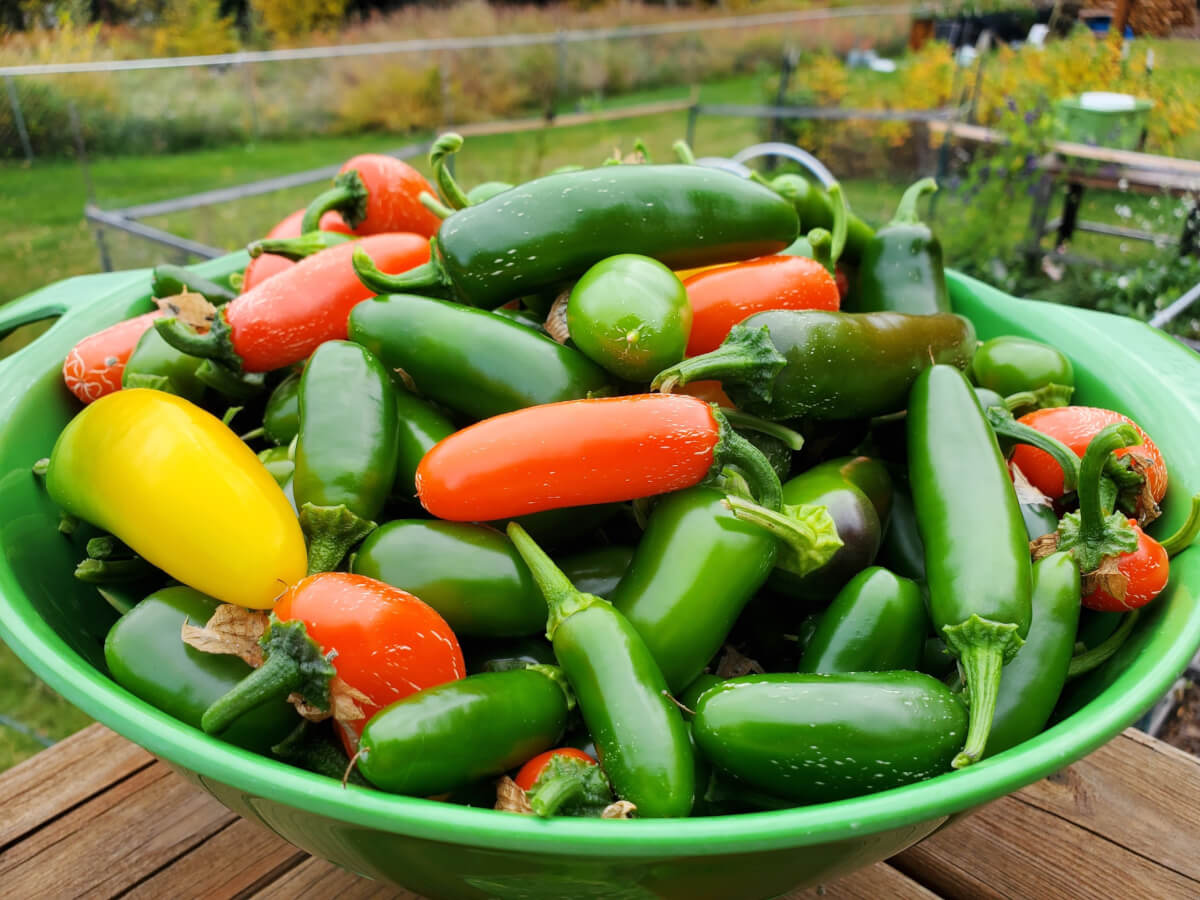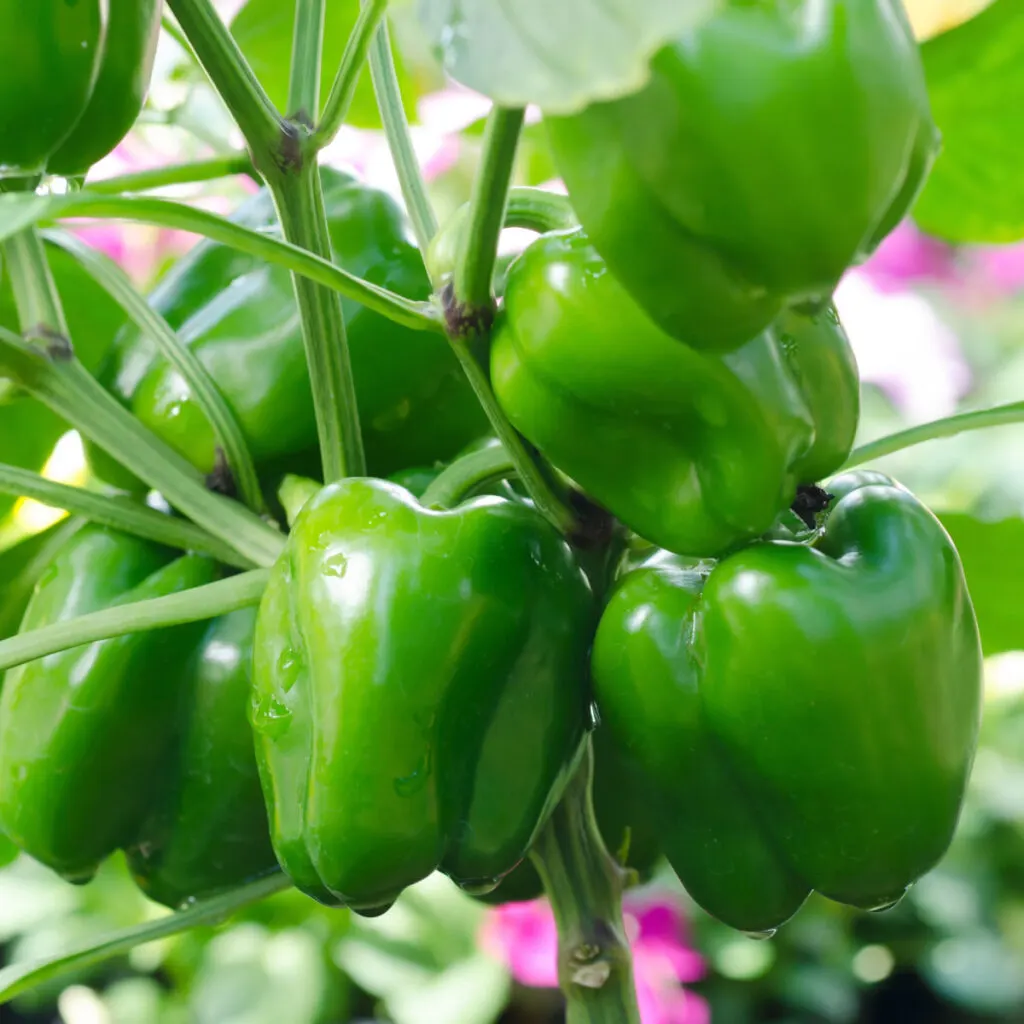Organic Vs. Synthetic Fertilizers: Which Is Best for Supporting Healthy And Balanced Pepper Plants?
In the realm of nurturing healthy pepper plants, the selection in between synthetic and organic plant foods stands as a crucial decision with far-reaching ramifications. While both alternatives purpose to offer essential nutrients to support plant development, the nuances of their effect on the soil, plant health, and the environment spark a discussion that mirrors throughout the gardening area. Comprehending the distinct advantages and potential challenges of each plant food kind is essential for pepper farmers seeking to enhance their yields while keeping an eco-conscious and sustainable method.
Benefits of Organic Fertilizers
Organic fertilizers offer a lasting and environmentally-friendly approach to nourishing pepper plants, supplying essential nutrients without making use of synthetic chemicals. These natural fertilizers are derived from natural sources such as garden compost, manure, bone dish, and algae, promoting soil health and biodiversity. Unlike artificial plant foods, organic alternatives launch nutrients slowly, making sure a balanced and constant supply for pepper plants to thrive.
One substantial advantage of natural plant foods is their capacity to enhance soil structure and water retention. By improving soil health, natural plant foods promote advantageous microbial activity, which aids in nutrient uptake by pepper plants. Furthermore, natural fertilizers minimize the risk of chemical run-off, protecting water resources from air pollution and protecting the environment.
In addition, natural fertilizers contribute to lasting dirt fertility by advertising the development of beneficial dirt microorganisms. These microorganisms help damage down organic matter, releasing nutrients in a kind that is easily obtainable to pepper plants. best fertilizers for peppers. By fostering a healthy and balanced soil ecological community, natural plant foods support sustainable pepper cultivation practices that profit both plants and the atmosphere
Disadvantages of Synthetic Plant Foods
Synthetic fertilizers, in comparison to their natural equivalents, position different negative aspects when made use of to nourish pepper plants, impacting both plant health and ecological sustainability. One significant disadvantage of artificial fertilizers is their propensity to leach nutrients from the dirt rapidly.
In addition, the overuse of artificial fertilizers can add to water pollution. Excess plant foods not taken in by plants can get rid of into water bodies, causing eutrophication, where algae blossoms deplete oxygen levels in the water, harming marine life. Synthetic plant foods are generally acquired from non-renewable resources, such as fossil gas, contributing to carbon discharges and ecological degradation during their manufacturing.
Nutrient Absorption Comparison
When comparing organic and artificial fertilizers in terms of nutrient absorption, natural plant foods have the benefit of providing a more well balanced and slow-release source of nutrients. Organic fertilizers have a range of macro and micronutrients that are not only useful for the plants but likewise promote healthy dirt microbial task, which aids in nutrient uptake.
Furthermore, natural plant foods improve dirt structure and water retention capacity, allowing pepper plants to accessibility nutrients more successfully. This enhanced dirt high quality assists in root development, making it possible for much better nutrient absorption. Artificial plant foods, although originally enhancing plant development as a result of their high nutrient focus, may prevent long-term nutrient absorption by derogatory soil health gradually.
Ecological Influence Factors To Consider

On the other hand, synthetic plant foods, although often more focused and right away offered to plants, can have harmful effects on the atmosphere otherwise used read effectively (best fertilizers for peppers). Their manufacturing requires high energy inputs, causing greenhouse blog gas exhausts and contributing to climate adjustment. Furthermore, the overflow of excess synthetic plant foods can contaminate water sources, resulting in eutrophication and harming marine ecological communities.
Ideal Plant Food Practices for Peppers
When fertilizing pepper plants, maximizing nutrient uptake and reducing ecological impact are essential factors to consider. To attain this, it is vital to adhere to best plant food techniques tailored to the particular needs of pepper plants. One critical method is to do a soil examination before applying any type of fertilizers. This examination can identify the pH degree of the soil and identify any nutrient shortages, guiding you in choosing the most appropriate fertilizer solution.
Another important practice is to feed pepper plants at the correct time. Normally, peppers gain from getting fertilizer at growing and afterwards once more when they begin to flower. Over-fertilizing can cause nutrient imbalances and harm the plants, so it is important to follow suggested application prices.
Furthermore, choosing a well balanced plant food with an NPK proportion that matches pepper plants' requirements is fundamental. Organic plant foods, such as compost or manure, can be outstanding selections as they launch nutrients gradually and improve dirt structure in time. Artificial plant foods can offer a quick nutrient increase when needed. Inevitably, incorporating natural and artificial fertilizers deliberately can aid support healthy and balanced pepper plants while minimizing environmental influence.
Verdict

Organic fertilizers offer an environmentally-friendly and sustainable technique to nourishing pepper plants, offering vital nutrients without the usage of synthetic chemicals. Unlike synthetic plant foods, organic alternatives launch nutrients gradually, ensuring a well balanced and steady supply for pepper plants to flourish.
Artificial plant foods, in comparison to their organic counterparts, present various drawbacks when used to nourish pepper plants, impacting both plant health and wellness and environmental sustainability. When comparing organic and artificial plant foods in terms of nutrient absorption, natural fertilizers have the benefit of providing a more balanced and slow-release resource of nutrients.Furthermore, organic fertilizers boost soil framework and water retention ability, permitting pepper plants to access nutrients extra efficiently.